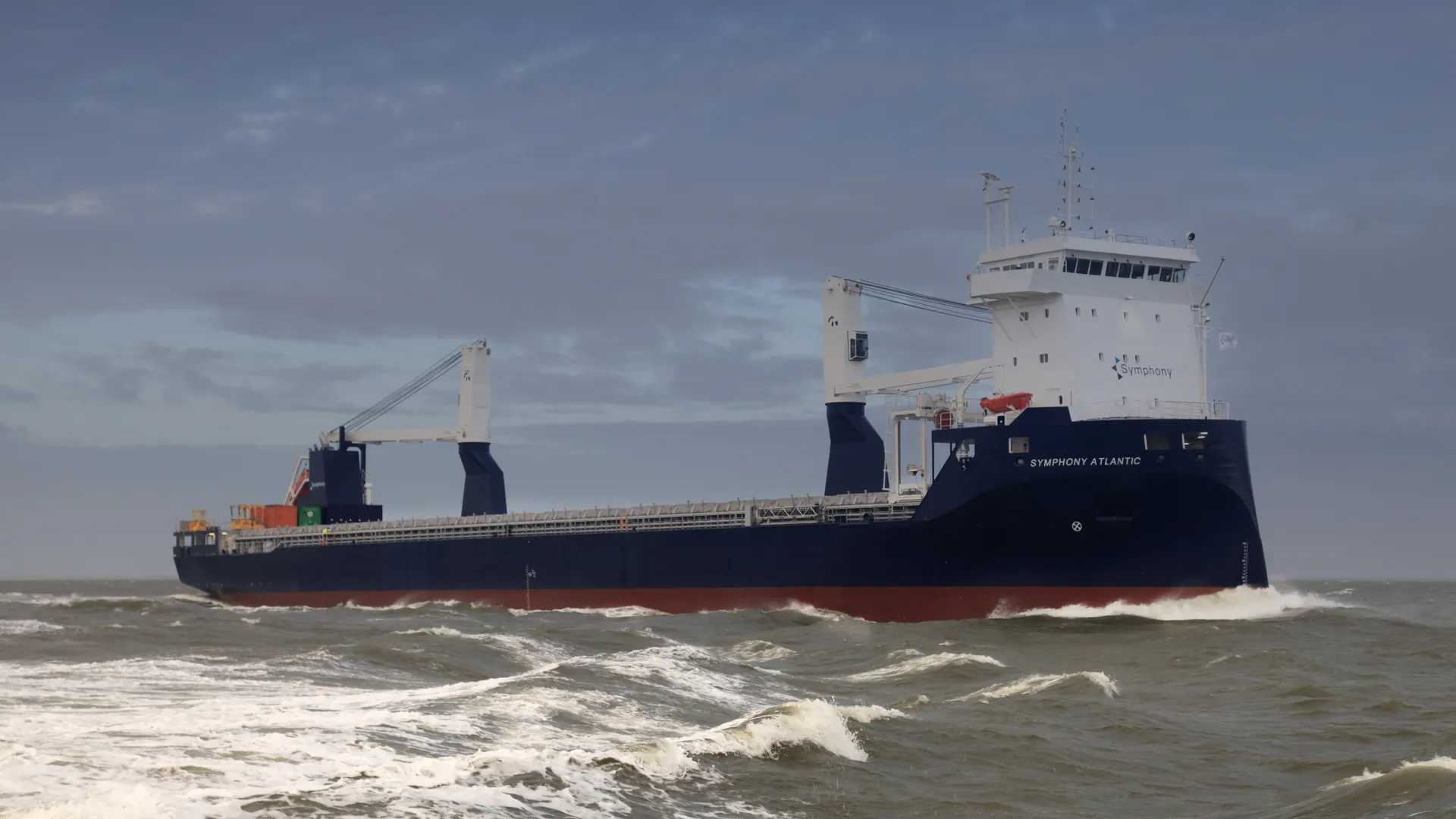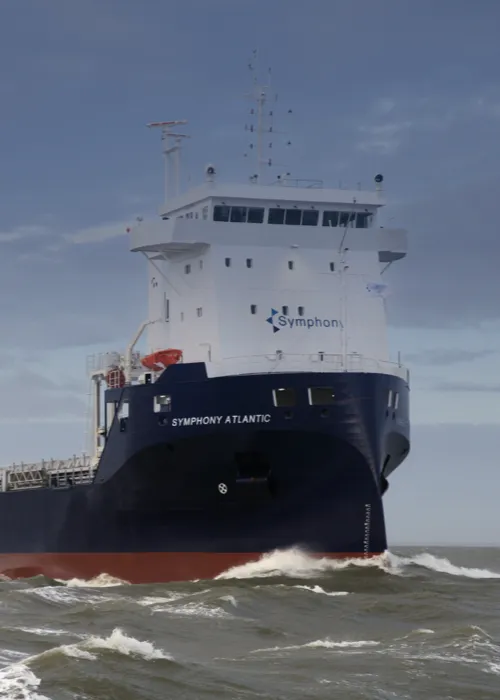Maritime Compliance
With the maritime compliance services offered by our partners, your ship and company can comply with the latest environmental regulations. Expert support can be provided in areas such as SEEMP, EEXI, CII, ESG, LCA, IHM, and chemical management on board.

SEEMP
Since January 1, 2013, seagoing vessels with a gross tonnage (GT) of more than 400 are legally required to have a Ship Energy Efficiency Management Plan (SEEMP) on board. This plan, developed in line with the guidelines of the International Maritime Organization (IMO), contains detailed measures and strategies to reduce the ship’s energy consumption and improve overall energy efficiency. Expert support is available for creating and updating your SEEMP.
EEXI
To demonstrate that your ship complies with the requirements of the Energy Efficiency Existing Ship Index (EEXI), an EEXI calculation must be performed. Expert support is available for calculating the EEXI value and exploring potential improvement measures.

CII
Since January 1, 2023, it has been mandatory for all cargo ships, RoPax ships, and cruise ships with a gross tonnage of more than 5000 to calculate their energy efficiency when transporting goods or passengers. This calculation must be carried out using the Carbon Intensity Indicator (CII), as required by the IMO MARPOL convention. The CII value must be calculated annually and is expressed in grams of CO2 per ton-mile (deadweight tonnage or gross tonnage, depending on the ship type). Assistance is available for calculating your ship’s CII value and exploring possible improvement measures.
ESG
To comply with the European Corporate Sustainability Reporting Directive (CSRD), shipping companies must publish ESG reports. Support is available to simplify your ESG reporting and automatically collect data such as the CO2 emissions of your ships.
LCA
Conducting a Life Cycle Assessment (LCA) contributes to accurately measuring and improving your commitments regarding ESG reporting, as prescribed by the CSRD. Assistance is available for performing comprehensive environmental impact analyses.
IHM
To comply with IHM regulations, as a shipowner or operator, you must maintain a complete inventory of hazardous materials (IHM) on board your ship throughout its entire lifecycle. Additionally, shipyards, ship chandlers, manufacturers, and suppliers must provide the necessary IHM documents.
Chemical Management
The demand for software to manage chemicals on ships is increasing due to stricter regulations from the EU, IMO, and other authorities. Discover the chemical management system designed to simplify chemical management on board your ship and prioritize the safety of your crew.

Maritime Compliance
With the maritime compliance services offered by our partners, your ship and company can comply with the latest environmental regulations. Expert support can be provided in areas such as SEEMP, EEXI, CII, ESG, LCA, IHM, and chemical management on board.

SEEMP
Since January 1, 2013, seagoing vessels with a gross tonnage (GT) of more than 400 are legally required to have a Ship Energy Efficiency Management Plan (SEEMP) on board.
This plan, developed in line with the guidelines of the International Maritime Organization (IMO), contains detailed measures and strategies to reduce the ship’s energy consumption and improve overall energy efficiency.
Expert support is available for creating and updating your SEEMP.
EEXI
To demonstrate that your ship complies with the requirements of the Energy Efficiency Existing Ship Index (EEXI), an EEXI calculation must be performed.
Expert support is available for calculating the EEXI value and exploring potential improvement measures.

CII
Since January 1, 2023, it has been mandatory for all cargo ships, RoPax ships, and cruise ships with a gross tonnage of more than 5000 to calculate their energy efficiency when transporting goods or passengers.
This calculation must be carried out using the Carbon Intensity Indicator (CII), as required by the IMO MARPOL convention. The CII value must be calculated annually and is expressed in grams of CO2 per ton-mile (deadweight tonnage or gross tonnage, depending on the ship type).
Assistance is available for calculating your ship’s CII value and exploring possible improvement measures.
ESG
To comply with the European Corporate Sustainability Reporting Directive (CSRD), shipping companies must publish ESG reports. Support is available to simplify your ESG reporting and automatically collect data such as the CO2 emissions of your ships.
LCA
Conducting a Life Cycle Assessment (LCA) contributes to accurately measuring and improving your commitments regarding ESG reporting, as prescribed by the CSRD.
Assistance is available for performing comprehensive environmental impact analyses.
IHM
To comply with IHM regulations, as a shipowner or operator, you must maintain a complete inventory of hazardous materials (IHM) on board your ship throughout its entire lifecycle.
Additionally, shipyards, ship chandlers, manufacturers, and suppliers must provide the necessary IHM documents.
Chemical Management
The demand for software to manage chemicals on ships is increasing due to stricter regulations from the EU, IMO, and other authorities.
Discover the chemical management system designed to simplify chemical management on board your ship and prioritize the safety of your crew.
